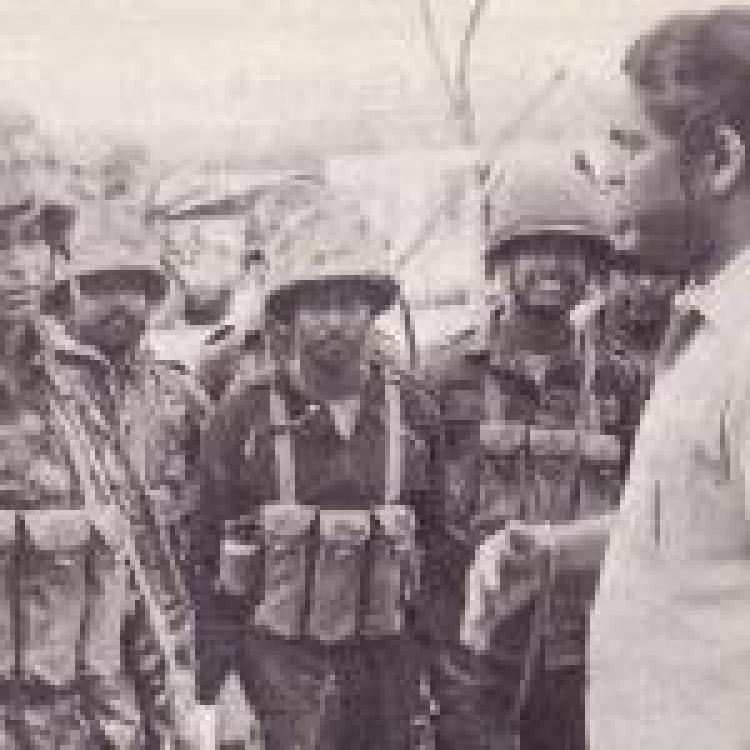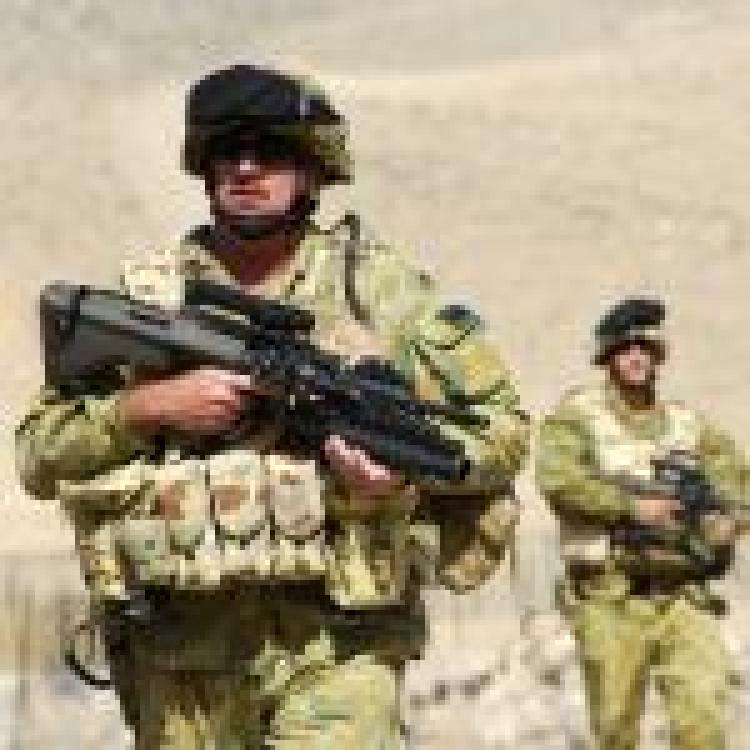<p>Australia has continued the detention of a Sri Lankan catholic refugee for over 11 years despite acknowledging a need to protect him.</p>
<p>The refugee, given the pseudonym Alex by the Guardian to protect his anonymity, has been detained for over eleven years by Australian immigration authorities. Alex, a Sinhala catholic, was previously kidnapped and tortured because of his association with an opposition political party whilst his business associate was abducted by Sri Lanka’s security forces, before later being found dead.</p>
<p>The Guardian reports that Alex has not seen his family in over a decade and has not been given the chance to meet his ten-year-old son.</p>
<p>In March 2009, Alex alongside 31 other refugees purchased a small fishing boat and fled from a city port just north of the capital and arrived in Australian waters on 22 April. They were subsequently taken into immigration detention. Whilst Alex had not profited of the expedition, he was still charged and convicted, in 2010, of “organising the bringing of groups of non-citizens into Australia”, and sentenced to five year’s jail.</p>
<p>This decision was successfully appealed as Alex’s defence illustrated the extraordinary emergency that he and fellow passengers were in. Despite the withdrawal of all criminal charges he has not been released into the community but has instead been kept in onshore detention centres.</p>
<p>According to Australia’s immigration authorities, the government owes Alex “complementary protection”, akin to refugee status. They note that if he were to be returned to Sri Lanka, he would likely be imprisoned, with a “strong likelihood” he would suffer “serious physical mistreatment including torture”.</p>
<p>This follows an accidentally leaking of Alex’s personal data online by the Australian government which could further compromise his safety. However, his application for a “safe haven enterprise visa” has been rejected with Immigration Minister David Coleman claiming that he failed the “character test” provision within Australia’s Migration Act. The Minister maintained that this was because he had “engaged in the offence of people smuggling”.</p>
<p>Writing in Foreign Policy, Amita Arudpragasam notes that in the past twenty years over 2,000 people have died trying to reach Australian shores. Since the Easter Sunday bombings in 2019, Australia has turned away six boats carrying asylum seekers.</p>
<p>The defence provided by the Australian government is reliant upon the false claims of Sri Lanka President Gotabaya Rajapaksa over Sri Lanka’s human rights record, particularly with regards to refugees. This provides Australia with a defence against credible allegations that the forceful deportation of asylum seekers is a breach of the non-refoulment principle under the United Nations refugee convention.</p>
<p><strong>Read more here: <a href="https://www.tamilguardian.com/content/testimonies-after-deportation-wha…">Testimonies after deportation - What happens after Australia deports Tamils</a></strong></p>
<p>Read more from<a href="https://www.theguardian.com/australia-news/2020/sep/22/sri-lankan-refug…"> the Guardian </a>and <u><a href="https://foreignpolicy.com/2020/07/21/sri-lanka-refugees-australia-myth-…">Foreign Policy.</a></u></p>
We need your support
Sri Lanka is one of the most dangerous places in the world to be a journalist. Tamil journalists are particularly at threat, with at least 41 media workers known to have been killed by the Sri Lankan state or its paramilitaries during and after the armed conflict.
Despite the risks, our team on the ground remain committed to providing detailed and accurate reporting of developments in the Tamil homeland, across the island and around the world, as well as providing expert analysis and insight from the Tamil point of view
We need your support in keeping our journalism going. Support our work today.




